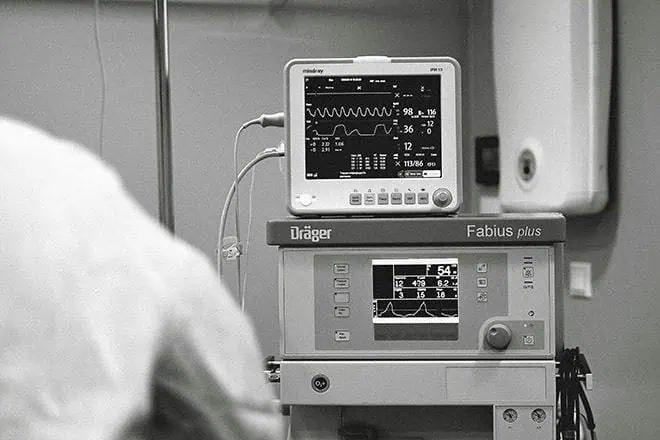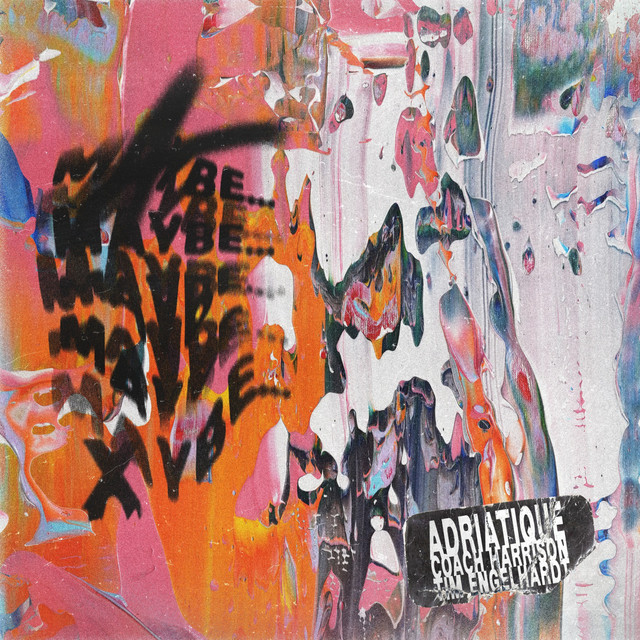
Scientists Say: Music May Speed up Recovery From Surgery
In the intricate world of post-surgery recovery, an unconventional yet powerful ally has emerged — music. More than a source of entertainment, music has been scientifically recognized for its therapeutic impact on both the mind and body, aiding in the recovery process after medical procedures. Recent research sheds light on how listening to music can significantly reduce stress, alleviate pain, and even minimize the reliance on painkillers.
A Symphony For Healing: The Science Behind It
A groundbreaking report highlights the profound influence of music on post-surgery recovery. It details how listening to music slows heart rate, reduces the perception of pain, and fosters a calmer state of mind. By creating a comforting and familiar auditory environment, music serves as a bridge between physical recovery and mental well-being.
Research Findings: Music as Medicine
A comprehensive review of 3,736 studies narrowed down to 35 key research papers reveals the significant role of music in post-surgical outcomes. The findings indicate that music is more than just a passive experience — it actively enhances patient recovery in measurable ways:
- Pain Management: Patients who listened to music required less than half the amount of morphine compared to those who did not. This reduction underscores music’s potential to minimize dependence on opioids, a critical factor in modern medicine.
- Stress Reduction: By lowering cortisol levels, the hormone responsible for stress, music creates a soothing effect that aids in recovery.
- Improved Heart Rate: Patients experienced a reduction of approximately 4.5 beats per minute, ensuring better circulation of oxygen and nutrients throughout the body.
- Perception of Pain: While researchers noted a decrease in pain perception, they emphasized that the perceived relief was as impactful as actual physical changes.
A Passive Yet Potent Therapy
Unlike meditation, which requires active participation, listening to music is a passive experience that suits a broader range of patients. Whether through headphones or speakers, music effortlessly integrates into the recovery process. Patients self-reported significant reductions in pain and anxiety levels within 24 hours of surgery, showcasing the profound emotional and physical benefits.
The Role of Familiarity in Recovery
Music creates a sense of comfort by invoking memories and emotions tied to familiar melodies. Dr. Eldo Frezza from California Northstate University College of Medicine highlights this connection:
“Music can help ease the transition from the waking-up stage to normalcy, reducing the stress associated with recovery.“
By providing a familiar auditory anchor, music fosters a sense of safety, which is crucial during vulnerable post-surgery moments.
Limitations and Future Directions
While the benefits of music in recovery are clear, the research is not without limitations. Variables such as the duration and type of music used were not standardized across studies. These gaps highlight the need for more focused pilot programs to evaluate music’s full potential in clinical settings.
Dr. Frezza and his team are optimistic about the future:
“We believe music can help in various ways because it’s comforting and creates a sense of familiarity.“
Such findings pave the way for integrating music into post-surgical care plans, offering a non-invasive, cost-effective complement to traditional therapies.
From Surgery to Symphony: a Transformative Approach
In an era where holistic patient care takes precedence, music stands out as a promising tool. Its ability to harmonize emotional and physical recovery provides a unique, patient-centered approach to post-surgery healing. Whether easing pain, reducing stress, or fostering a sense of calm, music proves that healing goes beyond medicine—it resonates in the rhythms of life.
Conclusion: a Harmonious Future
The intersection of music and medicine opens doors to innovative recovery strategies. As researchers continue to explore its applications, one thing is clear: the healing power of music is more than a theory — it’s a reality transforming lives, one note at a time.
Story Source: Independent / Vishwam Sankaran | Image Source: Anna Shvets



